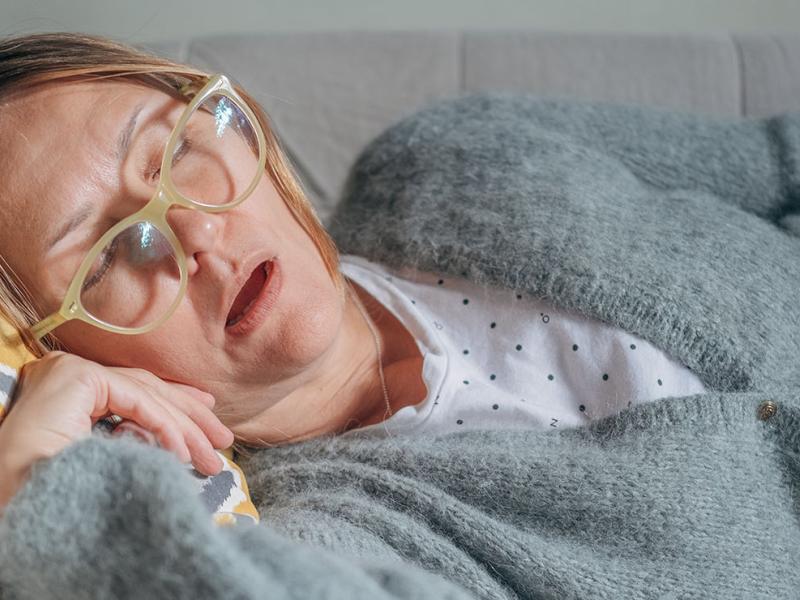Time to Give It a Rest? — 7 FAQs About Taking an "Off-Season"
Taking an off-season has benefits for your muscles and your mind. The key is learning how to strategically take time off from training. ...
Tired All the Time? What It Means and How You Might Be Sabotaging Your Sleep
If you’re tired all the time, your sleep quality might be to blame. Avoiding habits that sabotage your sleep or taking a sleep study may help. ...
Eating Disorders in Young Athletes: How to Protect Your Teen
Eating disorders in teenage athletes affect their athletic performance and can have lifelong health impacts. Pay attention to the signs and protect your teen. ...
6 Things That May Be Causing Your Bloating — And What to Do About It
There are many causes of bloating. But you can reduce most minor bloating with small lifestyle modifications and simple at-home treatments. ...
Spine SOS: What to Know About Back Pain in Your 30s and 40s
Back pain in your 30s and 40s happens, but you can prevent it. Knowing what causes lower back pain and how to strengthen your core can help keep you pain free. ...
Fueling Up for Fitness? 5 Questions to Guide an Athlete’s Diet
The right diet for any athlete is highly individualized. Evaluating your performance, health and habits can help you learn how to fuel your body better. ...
Human Doing vs. Human “Being”: Meditation for Beginners
Meditation can help with chronic pain, anxiety and sleep issues. If you want to begin meditating and don’t know how, guided meditation is a good place to start. ...
More Than Snoring: 6 Things Everyone Should Know About Obstructive Sleep Apnea
Obstructive sleep apnea is common but often goes untreated. Knowing the signs and risk factors for sleep apnea can help you get the OSA treatment you need. ...
Problems Peeing? 6 Things All Men Should Know About Enlarged Prostate
An enlarged prostate comes with age, but you don’t have to live with urinary symptoms. Benign prostate hyperplasia (BPH) treatment helps with peeing problems. ...
6 Things to Know About Loneliness and Your Health
Feeling lonely may be common if you’re a new mom or going through a breakup, but it’s not good for your health. MU Health Care experts explain why it’s so important to manage loneliness. ...
MU is an equal opportunity employer.
Copyright © 2025 — The Curators of the University of Missouri. All rights reserved. DMCA and other copyright information.
For website information, contact the MU Health Care Communications. Disclaimer











